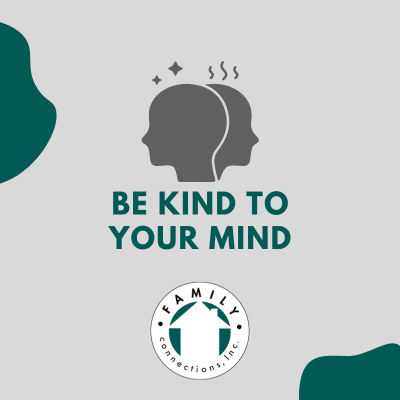Embracing Open Conversations About Mental Health in 2025
Mental health conversations have come a long way, but stigma still prevents many individuals
from seeking the support they need. In 2025, we have a unique opportunity to push for even
greater acceptance and understanding. By creating safe spaces for dialogue, we can foster a
culture that prioritizes mental health as much as physical well-being.
Here’s how you can help break the stigma and encourage open, compassionate conversations
about mental health with friends, family, and coworkers.
- Educate Yourself and Others
Knowledge is a powerful tool against stigma. Educate yourself about mental health conditions,
treatment options, and the language that promotes inclusivity. Share credible resources with
others to help dispel myths and create awareness. The more we normalize mental health
education, the less intimidating it becomes to talk about. - Be Mindful of Your Language
The words we use can shape how mental health is perceived. Avoid derogatory terms or
stereotypes when discussing mental health. Replace phrases like “He’s crazy” or “She’s so
bipolar” with respectful and person-first language such as “He’s managing a mental health
challenge” or “She’s living with bipolar disorder.” - Lead by Example
Be open about your own mental health journey, if you’re comfortable. Sharing your
experiences can encourage others to do the same. When people see someone they respect
acknowledging their challenges, it can help reduce feelings of shame or isolation. - Listen Without Judgment
One of the most powerful ways to support someone is simply by listening. When a friend,
family member, or coworker opens up about their mental health, practice active listening.
Show empathy, avoid giving unsolicited advice, and create a safe space where they feel heard
and valued. - Encourage Seeking Help
Reassure those around you that seeking help is a sign of strength, not weakness. Share
information about local resources, hotlines, or therapy options. Encourage them to consider
reaching out to a professional when needed, and remind them that everyone deserves support. - Make Mental Health Part of Everyday Conversation
Normalize talking about mental health by weaving it into daily conversations. For example,
instead of just asking, “How are you?” consider adding, “How’s your mental health?” Simple
acts like this can create a culture of openness and acceptance. - Advocate for Workplace Support
If you’re in a position to influence workplace policies, advocate for mental health-friendly
practices. Promote employee assistance programs (EAPs), mental health training, or wellness
days. A supportive workplace can significantly impact an employee’s mental health and overall
well-being.
- Celebrate Progress and Growth
Highlight and celebrate strides in mental health awareness within your community or
workplace. Recognizing the progress we’ve made encourages continued efforts to reduce
stigma and promote acceptance.
Why Breaking the Stigma Matters
When stigma fades, people feel empowered to seek help without fear of judgment. Open
conversations about mental health can strengthen relationships, foster empathy, and create a
society that prioritizes well-being for all.
In 2025, let’s commit to making mental health a topic we approach with kindness, curiosity, and
compassion. Together, we can build a future where everyone feels seen, heard, and supported.
How will you help break the stigma this year? Let’s start the conversation! - MentalHealthAwareness #BreakingTheStigma #OpenConversations #SupportEachOther
- 2025Goals







